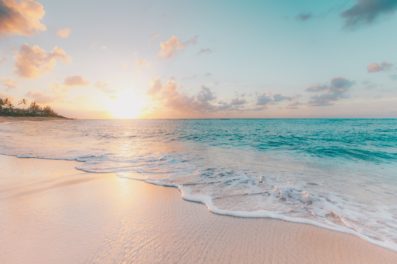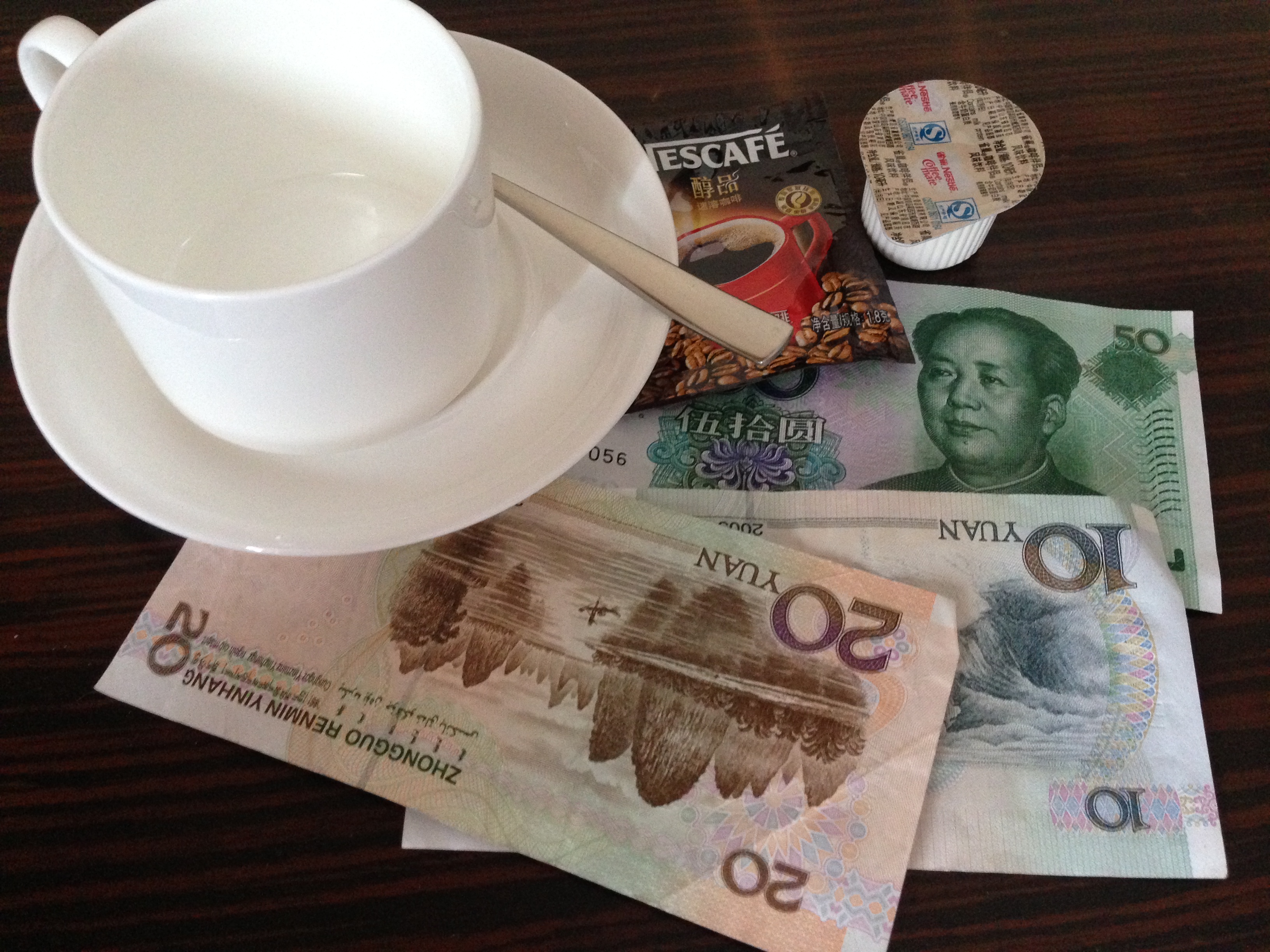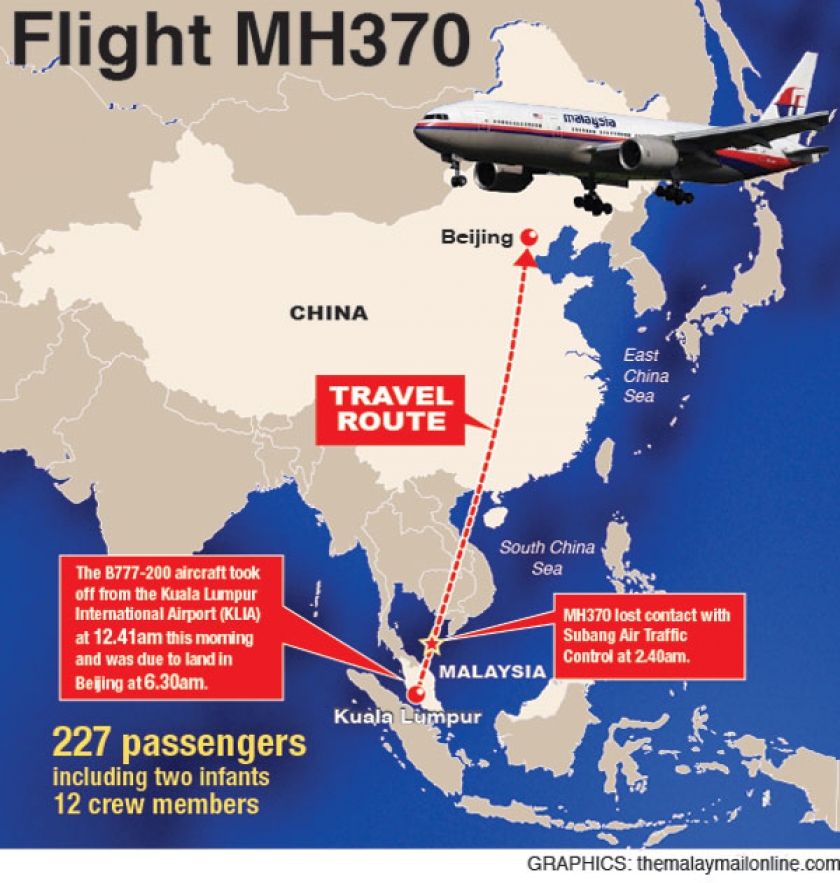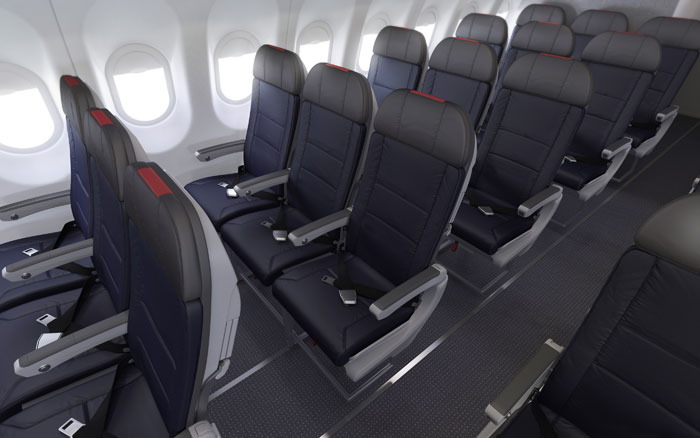Hawaii Hotels Are Ready To Put Tourists Under “House Arrest”

Hawaii Hotels Are Ready To Put Tourists Under “House Arrest”
Last month, a Hawaiian COVID-19 Senate committee said they are examining using tracking devices on tourists under quarantine. Over the weekend, there were reports on Hawaii’s tough enforcement mechanisms under consideration. Apparently the hotels in Hawaii that remain open are happy to assist the government in essentially locking people in their room.
A recent report notes that 70% of hotels that remain open on the Hawaiian islands say they are willing to take part in a Hawaiian government policy that gives hotel guests a one-time key card. A report sent from the Hawaii Tourism Authority shows that of the 91 hotels asked about the policy, 63 agreed to follow it.
The policy encourages hotels to give guests a one-time key card at check-in. If the guest leaves and reports to the front desk for a new key card, the hotel will contact law enforcement. This is all for the sake of Hawaii enforcing its required 14-day quarantine for visitors and residents. Violating the quarantine is punishable by a $5,000 fine or a year in prison, if convicted. Hawaii has already arrested people for violating quarantine.
Essentially, the state is imprisoning visitors in hotel rooms to enforce its quarantine measure. While this is all done in the name of public health, it is a very questionable method. I think there is even an argument to be made that it is not legal.
Is This Legal?
In a 1999 Supreme Court decision (Saenz v. Roe), the court ruled that the right to travel embraces three concepts, two of which include traveling temporarily to another state. The court held that citizens have 1) a right to enter and leave another state and 2) the right to be treated as a welcome visitor while temporarily present in another state. Although the quarantine rules apply to visitors, the rule disproportionately impacts visitors. Obviously, it is hard to make the case that placing tourists under quasi-government detainment in a hotel is suitable treatment under that standard.
Naturally, the state will likely defend these actions under the encompassing protection of public health. Admittedly, courts have ruled that governments have more latitude during public health emergencies. In Saenz v. Roe, the court did hold that “states must establish a compelling interest to justify restricting the right to travel.”
But the court also said the state, “must show that they have chosen a narrowly tailored means to achieve that interest.” It is hard to argue that such a drastic measure meets the narrow specification as laid out by the court. This requires the government to use the least restrictive means in its adaptation of the law. Given that other countries have found other means to open travel, including testing on arrival, this seems to fall beyond the narrow scope the court requires.
Bottom Line
As Hawaii examines further quarantine enforcement mechanisms, court battles are likely to occur. I understand the state’s desire to keep coronavirus off the island. But it reaches a point of ridiculousness when the state is considering enforcing the law by essentially imprisoning people in hotels. This is not acceptable, and clearly a case can be made to demonstrate it is not even legal. Hawaii should look to return to its “mahalo” spirit and stop trying to treat fellow Americans as criminals.







Thank you for your honest opinion and view that I 100% agree with. As a Hawaii resident, I feel this is ludicrous and a power grab. The virus is everywhere, we live in the USA, we should be able to come/go as we want. Not to mention 300K and growing number of people in this state who need those visitors to come back so they can feed their families and pay their rent!
Thanks for offering your inside Hawaii perspective, Jason! Hope you’re staying safe!
The current one-time-use key policy has become necessary as visitors continue to flaunt quarantine rules. Not only are these visitors going out of their rooms to shop and have a beach day, but they’re engaging illegal activity, such as entering Sacred Falls Park on Oahu, which has been closed for YEARS due to geologic instability.
Hawaii has effectively flattened the curve – and we want to keep it that way. Our measures are similar to New Zealand and Australia but without the ability completely halt non-essential air travel into our state.
If you think Hawaii is overreacting, think about this. We’re an isolated landmass with limited resources and an older population. Heck, Kauai has more seniors on the island than Gen X, Y, and Z. Add to that the fact that many of us live in multigenerational homes because the cost of living is so high, and you can see how Hawaii could become a hotbed for community transmission.
Further, most islands aren’t equipped to deal with a pandemic, much less regular medical care. In fact, it’s normal for residents of the other islands to travel to Oahu for medical care. Can you imagine if we had a surge in cases?
Yes, what’s happening here is draconian and can potentially be unconstitutional, but there is flexibility for states to protect their people in times of emergency. I’d like to get back into the air as much as anyone else, but not at the risk of my family, friends, and the larger community. Especially since most of my travel is non-essential leisure travel.
I understand your argument, but I disagree with it. Though public health is a critical aspect of the government, the Supreme Court case law makes clear that the government has to take the narrowest approach. This seems to definitely go over that. Out of curiosity, but how long should these limits remain in place? Should it be until a vaccine? Should it be until there are 20,000 cases? 10,000 cases? 5,000? When do you find it acceptable enough that Hawaii cannot limit the free flow of people and use health as its defense for essentially putting tourists under forced house arrest? I ask because I’m genuinely curious. Hope you’re staying safe!
The argument for Hawaii isn’t purely about public health. If we were to become a new epicenter, it would drive tourists away, damaging our economy even more than a government-mandated lockdown. Employees in tourism would likely experience high infection rates too, causing labor shortages. It’s an extremely complex issue for an economy dependent on visitors. And there’s a reason why Hawaii’s hotels are mostly on-board with this. Don’t forget, this one-time key card thing isn’t mandatory – hotels are voluntarily doing this.
Now, when should the limits be lifted? When our (state) government can come up with an effective plan on testing, contact tracing, and isolation so that when we do open up again, we can quickly contain any new cases and avoid having to go back into lockdown. And, to me, that shouldn’t be too hard – especially when there is a need and desire to get back to some semblance of normal. But, this is Hawaii, and our government, no matter what party is in charge, is completely inept. Heck, the state and county levels are always fighting it out, blaming each other, contradicting each other, etc. It’s a complete circus over here.
And, again, the onus is on the visitors as well. Many, especially those continuing to travel to the islands now, lack any sort of respect for Hawaii’s residents, non-coronavirus rules/laws, and fragile ecosystem.
It’s “unconstitutional” but it is still ok for you. So sad….
How dare they,tourists should boycott hawaii and watch how fast that welfare state falls on its face without tourism, My brother lives on Oahu and has told me countless stories of how there are no jobs and no industry there besides tourism and the military , I have been there 4 times and I seriously doubt I would ever return after reading this.If people banded together and stopped traveling there , they would be tripping over themselves with special deals to get people back.
And yet a new survey found that second most searched destination on Expedia to book travel is Hawaii!